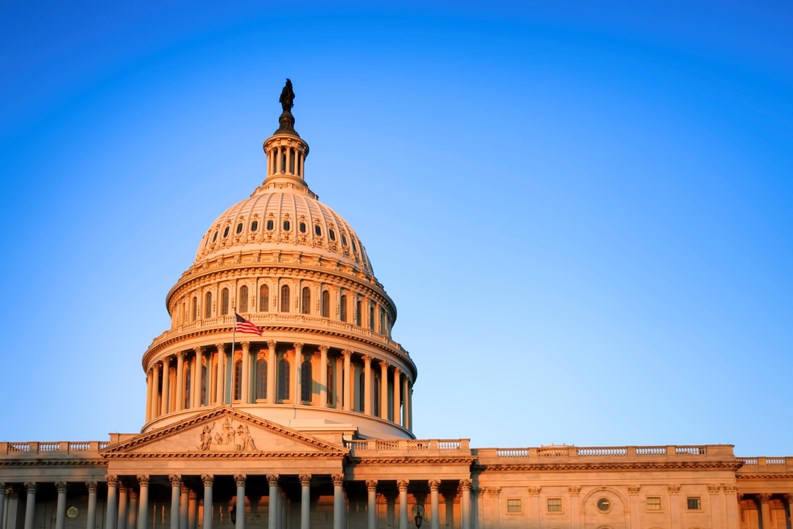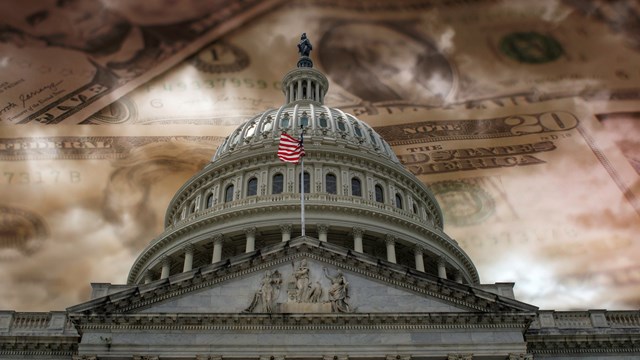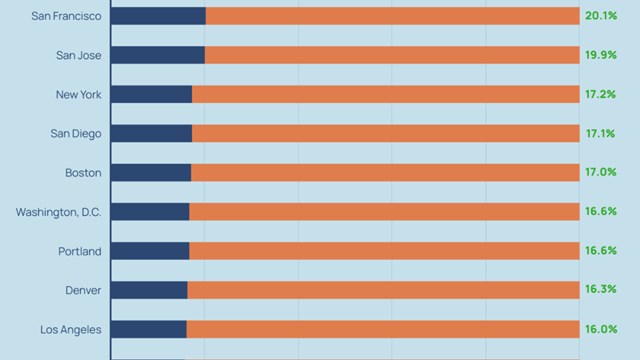Homeowners have mortgages, and renters have rent. What about co-op and condo residents? They have mortgages AND they have maintenance fees, and when maintenance fees climb high enough it feels like condo owners are paying a mortgage and rent at the same time. California U.S. Representative Anna Eshoo (D-18) is trying to ease that burden.
Easing the Tax Burden
Eshoo introduced a bill back in March that would make building fees, up to $5,000, tax deductible for people making under $115,000 a year ($150,000 joint). H.R. 4696, known at the HOME act—Helping our Middle Income Owners Act—was referred to the House Committee on Ways and Means. This bill, which is fully supported by the Community Associations Institute (CAI), amends the Internal Revenue Code to allow individual taxpayers an income-based tax deduction, up to $5,000, for qualified homeowners association assessments paid during the taxable year. The bill defines "qualified homeowners association assessments" as regularly occurring, mandatory financial assessments: (1) that are paid by a taxpayer to a homeowners association for the taxpayer's principal residence, (2) that directly benefit such residence, and (3) that arise from the taxpayer's mandatory and automatic membership in such association. The bill requires homeowners associations to file an informational return that sets forth the name, address, and taxpayer identification number of a taxpayer from whom the association receives assessments and the amount of such assessments.
“What gave me the idea for the bill is that I live in a homeowner’s association,” says Eshoo. “What’s important to note is that the way I structured the bill that I would not benefit from it myself because my income is beyond what I have in the legislation. In Washington, D.C., my homeowner’s association fees are $200 less than my mortgage fees.”
The bill, according to Eshoo, is meant for middle income homeowners and the numbers are meant to strike a balance between cost and helping the people who need it most.
“I thought that it would be fair to give people a break on at least part of their fees,” says Eshoo.
Her office figures that the average homeowner association assessment is about $200 to $400 a month, on the higher end, but they note that they do not have solid figures on this since it’s not really information that’s heavily catalogued. Even the census only gives a partial figure.
It is important to note that this would be the first piece of legislation of its kind, no one else has ever proposed any deductions related to maintenance fees.
“Congress needs to do all that it can to reduce barriers to homeownership for hard-working middle class families. By helping to alleviate the cost of community association fees, this legislation is an important step,” said California Rep. Mike Thompson (D-5) in a statement.
Representative Thompson is one of four co-sponsors of the bill, and the first one to announce his support. The other co-sponsors are Virginia Rep. Barbara Comstock (R-10), California Rep. Alan Lowenthal (D-47) and Connecticut Rep. John Larson (D-1).
“I haven’t encountered a member of the House who thinks it’s a lousy idea, they see a benefit in it for their constituents,” says Eshoo.
But while the bill enjoys bipartisan support, only one of the co-sponsors is on the House Ways & Means Committee, Rep. Larson, and he is a minority member. The current balance of the House of Representatives makes passage an uphill battle and while organizations such as The National Association of Housing Cooperatives (NAHC) support the bill and see it helping people, they also see passage through the House as unlikely.
Passage Seen as Slim
As Judy Sullivan, the government relations representative for the NAHC, puts it, “I think this is a great idea and wish it would go somewhere, but it’s only got a like 3 percent chance of passage [in the House].”
John Zurz is a staff writer for The Cooperator.







Comments
Leave a Comment